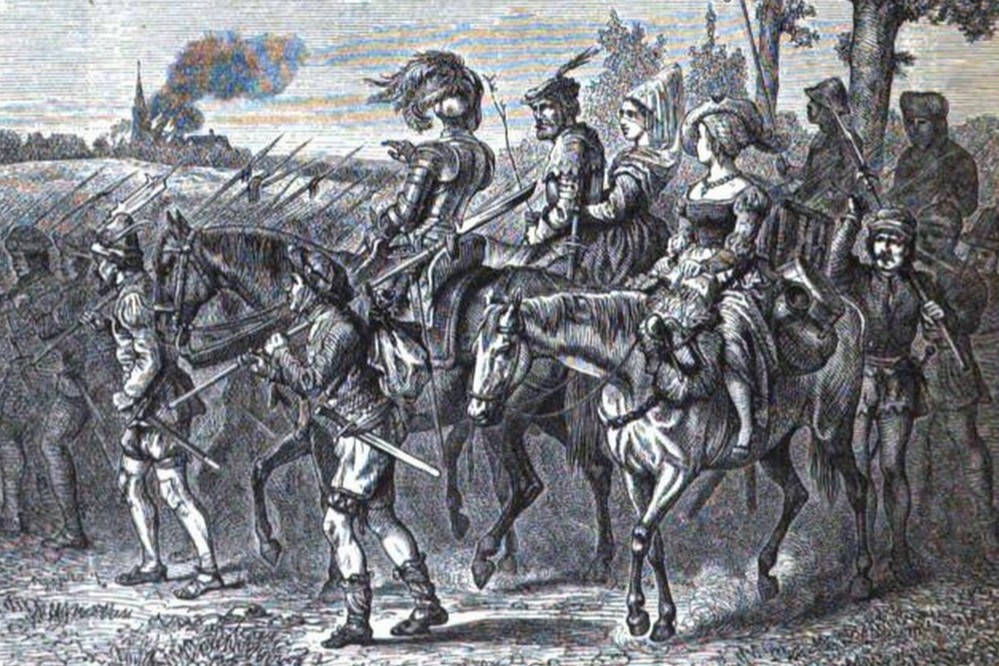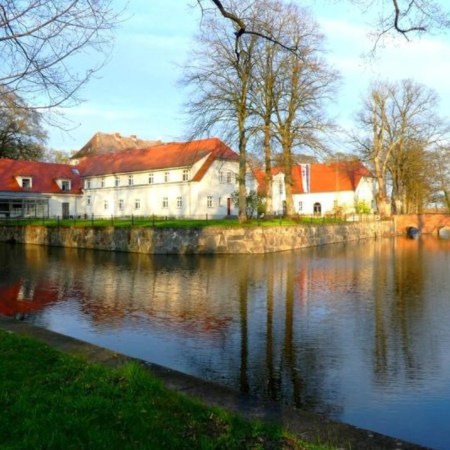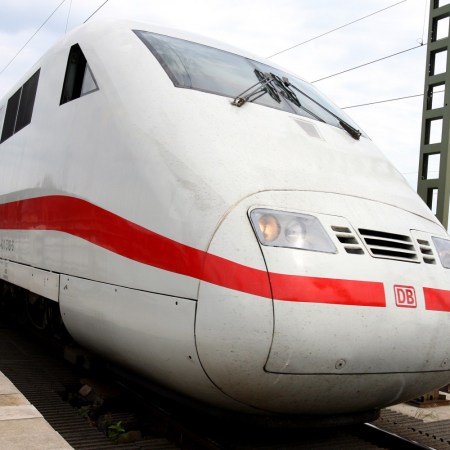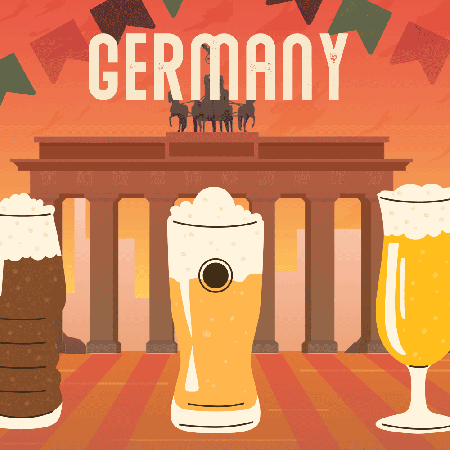Nearly 600 years ago, the German Peasants’ War raged across what is now eastern Germany and Austria. While the war was ultimately unsuccessful, it’s considered to be the largest uprising of its kind prior to the French Revolution. And apparently, a precursor to today’s viral media was at the source of the conflict.
A new article by Billy Anania at Hyperallergic makes a convincing case that the uprising was encouraged by what Anania dubs “the first mass media of the Modern era.” Decades earlier, Johannes Gutenberg’s work on the printing press decentralized publishing — allowing more and more people to represent themselves and their sociopolitical concerns through books and pamphlets.
The rise of pamphlets and broadsheets allowed reformers to criticize the corruption and indulgences of high society and the Church alike. Taken in tandem with the writings of reform-minded preacher Thomas Müntzer, this eventually led to outright conflict between working people and the nobility.
Why isn’t this conflict better remembered today? As Oxford professor Lyndal Roper noted, “despite its significance, I would be surprised if you had ever heard of it.” But it’s not hard to see parallels between the moment of this conflict and the present day for a number of reasons — nor is it difficult to imagine this becoming the stuff of a thrilling work of history in some medium in the coming years. Which might, in its own way, bring it all full circle.
Thanks for reading InsideHook. Sign up for our daily newsletter and be in the know.


















